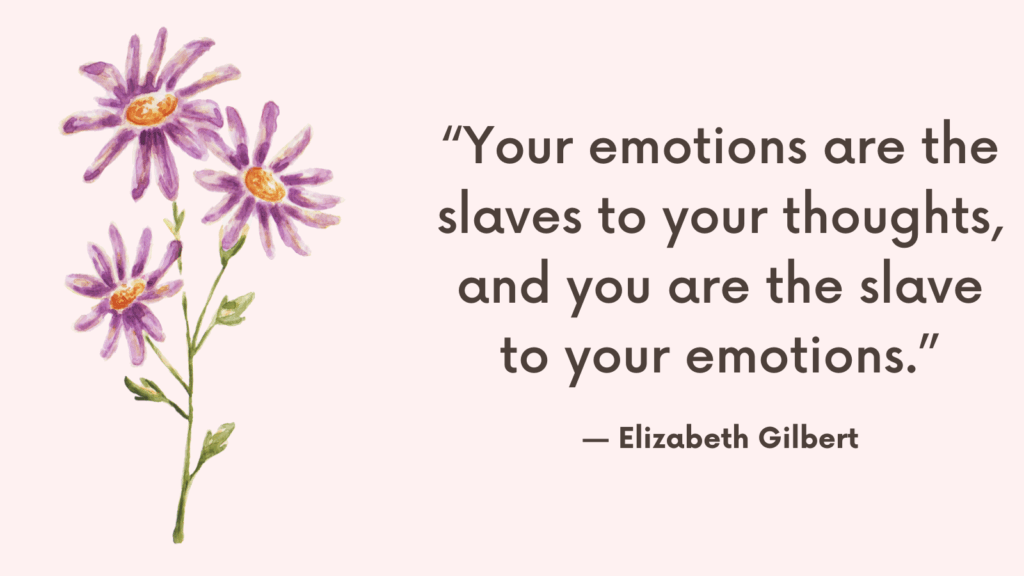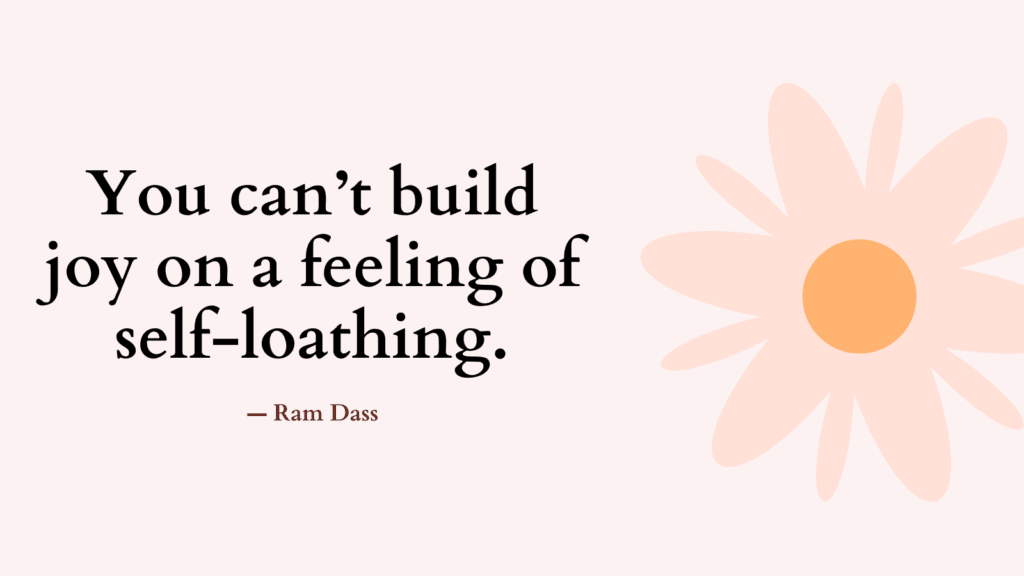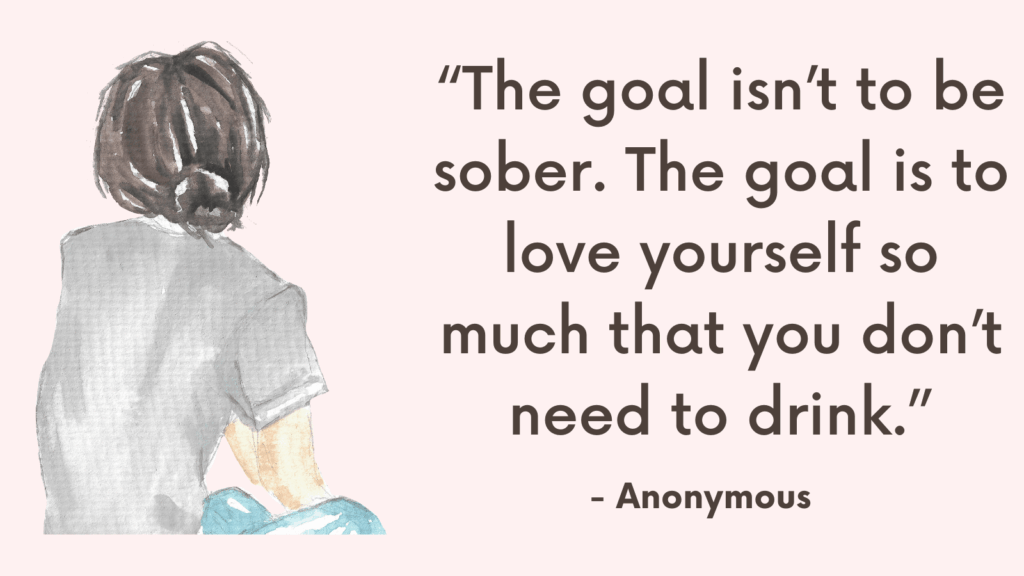In this post, you’re going to learn all about what the root cause of addiction is.
What Constitutes An Addiction?
An addiction is characterized by a compulsive, chronic, and often harmful pattern of substance use or engagement in a behavior despite negative consequences.
It typically involves a loss of control over that behavior and an intense desire or craving to engage in it.
To further understand what constitutes an addiction, it is helpful to consider the following criteria:
1. Impaired Control: Individuals with an addiction find it challenging to control or stop their substance use or behavior, even when they have a strong desire to do so. They may repeatedly make unsuccessful attempts to quit or cut back but are unable to maintain abstinence.
2. Compulsive Behavior: Addictive behaviors become compulsive, meaning individuals feel driven to engage in them even in the face of adverse consequences. The behavior takes priority over other responsibilities, relationships, and activities, leading to neglect of obligations.
3. Craving and Withdrawal: Intense cravings or a strong desire for the substance or behavior is a common characteristic of addiction. Additionally, when the substance or behavior is abruptly discontinued, individuals may experience withdrawal symptoms, which can range from physical discomfort to emotional distress.
4. Tolerance: Over time, individuals with an addiction may require increasing amounts of the substance or engagement in the behavior to achieve the desired effect. This is known as tolerance and is a result of neuroadaptations in the brain.
5. Negative Consequences: Addictions are associated with negative consequences that impact different areas of life, such as relationships, work, finances, and physical or mental health. Despite experiencing these adverse effects, individuals continue to engage in the addictive behavior.
It is important to note that not all excessive engagement in a behavior or substance use automatically signifies an addiction.
However, if an individual meets several of these criteria and experiences significant impairment in their daily functioning and well-being, it may indicate the presence of an addiction.
Related: What Is Emotional Sobriety and How to Achieve It? (+FREE Worksheets)
What Is the Root Cause of Addiction?
The root cause of addiction is a complex and multifaceted issue that cannot be attributed to a single factor.
While there is no one-size-fits-all answer, research suggests that multiple factors contribute to the development of addiction.
Understanding these factors can help shed light on the underlying causes and inform effective prevention and treatment approaches.
1. Genetic Predisposition
There is evidence to suggest that certain individuals may have a genetic predisposition to developing addiction.
Studies have identified specific genes that influence vulnerability to substance abuse and addictive behaviors. (source)
However, genetics alone are not sufficient to determine whether someone will develop an addiction but can make them more susceptible.
2. Brain Chemistry and Function
Addiction involves changes in the brain’s reward system, particularly the release of dopamine, a neurotransmitter associated with pleasure and reinforcement.
Repeated exposure to drugs or addictive behaviors can dysregulate the brain’s reward pathway, leading to cravings, dependence, and difficulty controlling substance use.
Related: How To Step Out Of Denial? Top 10 Steps To Overcome Denial When The Truth Is Heartbreaking
3. Environmental Factors
One’s environment and upbringing play a crucial role in addiction development.
Exposure to trauma, neglect, abuse, or high-stress environments during childhood increases the risk of addiction.
Additionally, growing up in an environment where substance use is prevalent or being surrounded by peers who engage in substance abuse can normalize and facilitate addictive behaviors.
4. Co-occurring Mental Health Disorders
There is a strong correlation between addiction and mental health disorders such as depression, anxiety, and post-traumatic stress disorder (PTSD).
Individuals may turn to substances as a means to cope with emotional pain or self-medicate their symptoms.
Likewise, addiction can exacerbate existing mental health issues, creating a harmful cycle.
5. Social and Peer Influence
Peer pressure and social norms can significantly impact an individual’s susceptibility to addiction.
People may engage in substance use to fit in, seek acceptance, or escape feelings of isolation.
Social factors can shape attitudes towards substance use and influence patterns of behavior.
Related: Porn Addiction Test (+Best 6 Tips On How To Get Free From Porn Addiction)
6. Psychological factors
Underlying psychological factors, such as low self-esteem, lack of coping skills, impulsivity, or difficulty regulating emotions, can contribute to addiction vulnerability.
These factors often coexist with other risk factors and interact with environmental influences.
It is important to note that addiction is not a moral failing or weakness of character.
It is a complex disease that affects the brain and behavior.
Effective treatment for addiction involves addressing the underlying causes and providing individuals with a comprehensive approach that includes therapy, support systems, and potentially medication.
How to Overcome An Addiction?
1. Acknowledge the Problem
The first step in overcoming addiction is recognizing and accepting that you have a problem.
Denial can be a powerful barrier to recovery, so being honest with yourself about the impact addiction has on your life is essential.
2. Commit to Change
Making a firm commitment to change is vital. It helps motivate you throughout the recovery journey, especially during challenging times.
Reflect on the reasons why you want to overcome your addiction and set clear goals for yourself.
3. Seek Professional Help
Addiction is a complex issue that often requires professional guidance.
A mental health professional or addiction specialist can provide evidence-based treatment plans, therapy, and support tailored to your unique circumstances.
They can help you establish healthy coping mechanisms, manage cravings, and address any underlying psychological issues contributing to the addiction.
Related: Am I Addicted To My Phone Quiz (+Digital Detox Challenge)
4. Build a Support Network
Surrounding yourself with a supportive network is crucial for recovery.
This includes family, friends, support groups, and individuals who have successfully overcome addiction themselves.
Their understanding, encouragement, and accountability can greatly assist you in staying motivated and committed to your recovery goals.
5. Develop Coping Strategies
Identify healthier alternatives to replace addiction-related behaviors.
Engaging in physical exercise, practicing relaxation techniques such as deep breathing or meditation, pursuing hobbies, or participating in activities that bring you joy and fulfillment can help redirect your focus and manage stress.
6. Learn and Apply Stress-Management Techniques
Stress often plays a significant role in addiction and relapse.
Learning effective strategies to manage stress can be invaluable.
Techniques like mindfulness, journaling, time management, and seeking therapy can help you develop healthier ways of navigating stressors.
Related: Addiction To Self Harm: Top 5 Steps To Overcome It
7. Modify Your Environment
Removing triggers and creating a supportive environment can increase your chances of success.
This may involve avoiding people, places, or situations that remind you of your addiction, reducing access to substances, and creating a safe and nurturing home space.
8. Practice Self-Care
Prioritizing self-care is essential in recovery.
Focus on nurturing your physical, emotional, and mental well-being.
This may involve healthy eating, regular exercise, adequate sleep, engaging in activities you enjoy, and seeking activities that promote relaxation and self-reflection.
9. Practice Relapse Prevention
Relapse is a common part of the recovery process.
Developing a relapse prevention plan, which includes identifying triggers, warning signs, and coping strategies, is essential.
Remember, relapse does not mean failure but an opportunity to learn and strengthen your recovery journey.
10. Stay Committed to Long-Term Recovery
Overcoming addiction is a lifelong commitment.
Understand that sustaining recovery requires ongoing effort, self-reflection, and learning.
Continuing therapy, attending support groups, and prioritizing your well-being are essential for long-term success.
Related: Best 17 Addiction Journal Prompts
Conclusion
It is important to remember that everyone’s recovery journey is unique, and what works for one person may not work for another.
Tailoring your treatment and recovery plan to your specific needs, with the guidance of a professional, will increase your chances of successful long-term recovery.
FREE Addiction Worksheets PDF
FAQ
How does addiction develop?
Addiction develops through a combination of biological, psychological, and social factors.
Initially, individuals may be exposed to substances or behaviors that provide pleasurable effects or alleviate negative emotions.
Over time, the brain undergoes changes in its reward and motivation systems, leading to a heightened desire for the substance or behavior.
This results in compulsive engagement despite negative consequences.
Related: Top 10 Books For Addiction Recovery
Is addiction a choice or a disease?
Addiction is considered both a choice and a disease.
Initially, individuals may choose to engage in substance use or addictive behaviors.
However, as addiction progresses, neurological changes occur that impair the person’s ability to make rational choices and exert self-control.
These changes are similar to those seen in other chronic diseases, such as diabetes or heart disease.
Therefore, addiction can be viewed as a complex disorder involving both voluntary choice and disease-related factors.
Are certain individuals more susceptible to addiction than others?
Yes, certain individuals may be more susceptible to addiction than others.
Genetic factors play a role, as some individuals may inherit genes that increase their vulnerability to addiction.
Environmental factors also contribute, including early life experiences, exposure to trauma, family dynamics, peer influence, socioeconomic factors, and availability of drugs or addictive behaviors.
Additionally, factors such as mental health conditions, social isolation, and a lack of healthy coping mechanisms can increase susceptibility to addiction.
Related: Addiction Recovery Resources
What is withdrawal and why does it occur?
Withdrawal refers to the physical and psychological symptoms that occur when a person abruptly stops or reduces the use of a substance they have become dependent on.
It occurs because the body and brain have adapted to the presence of the substance, and sudden removal causes an imbalance.
The severity and specific symptoms of withdrawal can vary depending on the substance involved.
How long does the withdrawal process last?
The duration of the withdrawal process varies depending on factors such as the substance used, the individual’s overall health, and the extent of their addiction.
Generally, withdrawal symptoms peak within a few days to a week after discontinuing the substance, but some symptoms, like cravings or mood disturbances, may persist for longer periods.
It’s important to note that the acute withdrawal phase is followed by a more extended period of recovery and adjustment.
Related: Impulsivity Test: Am I Impulsive?
How long does addiction recovery take?
The duration of addiction recovery varies greatly from person to person.
It depends on factors such as the type of addiction, the individual’s support system, their willingness to change, the presence of co-occurring mental health issues, and their overall resilience.
Addiction recovery is typically seen as a lifelong process, with different phases and milestones along the way.
Many individuals find that maintaining ongoing support, such as therapy or participation in support groups, is beneficial for long-term recovery.




